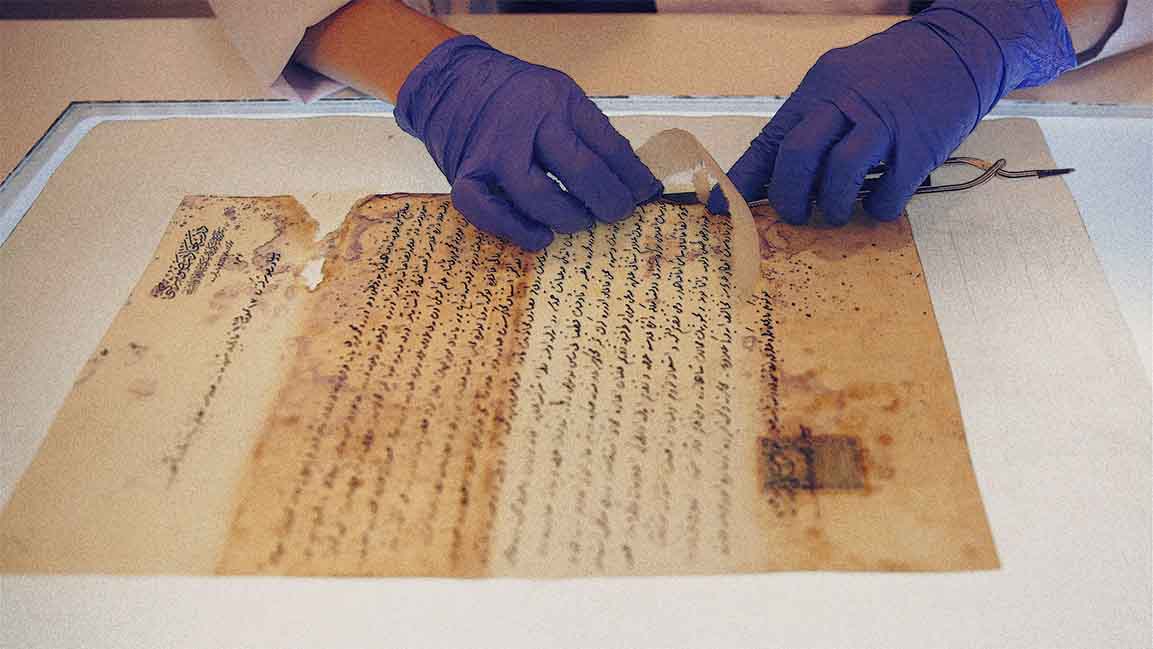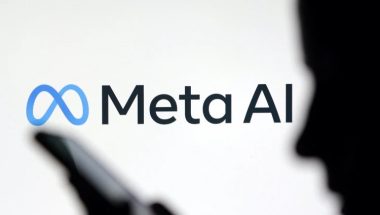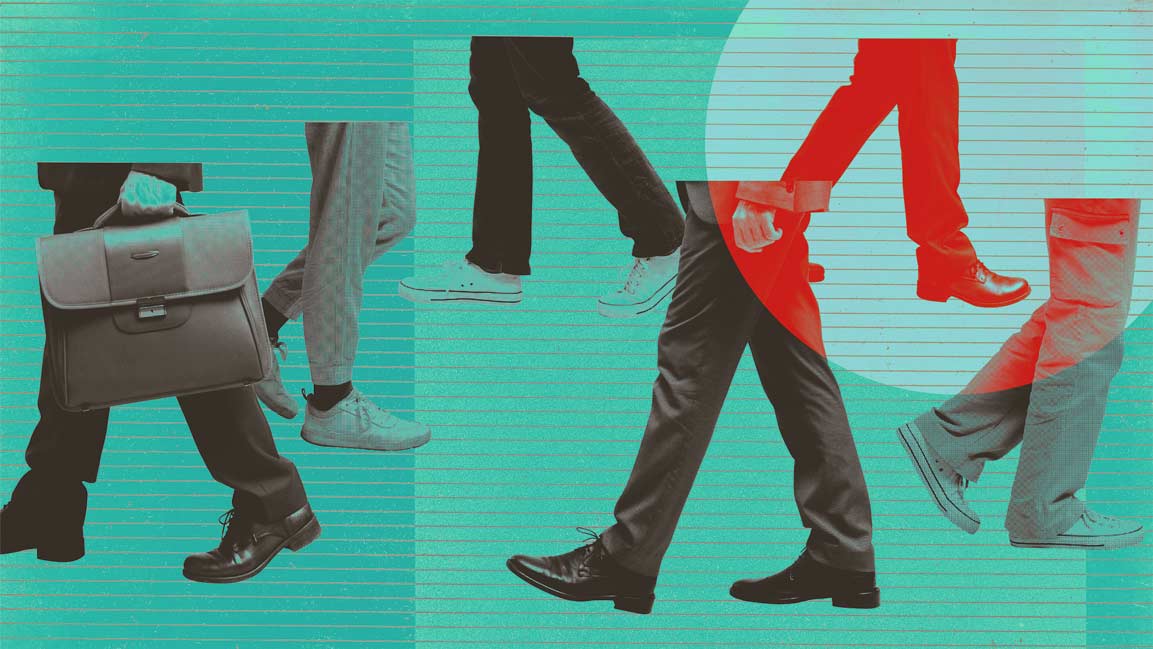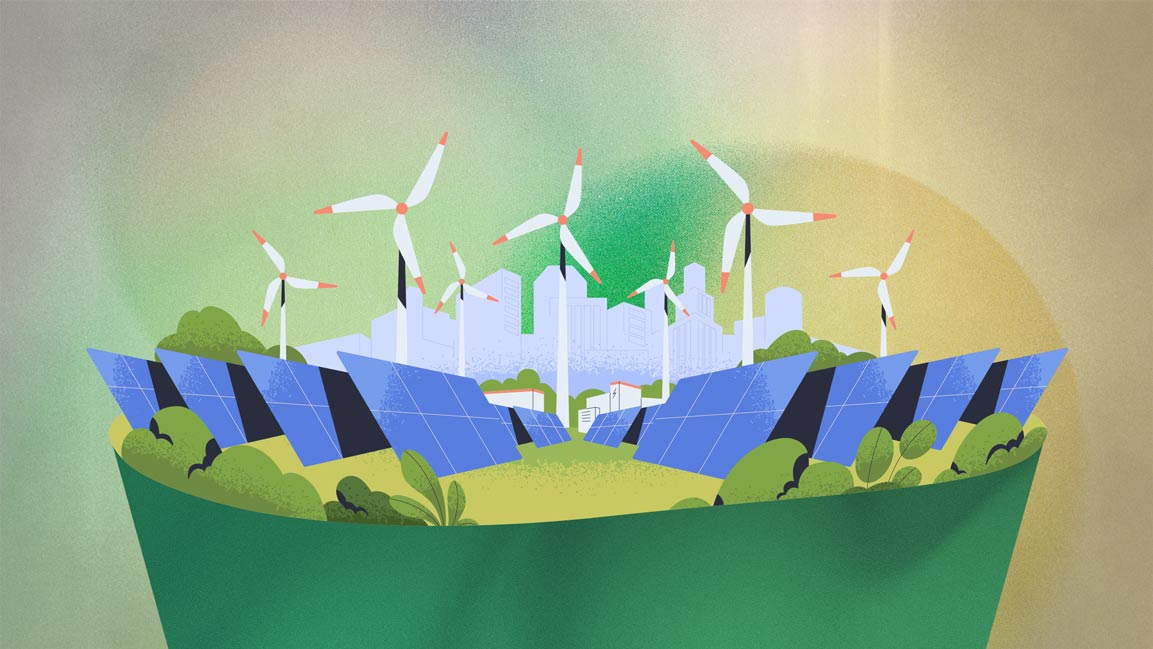- | 9:00 am
How the Middle East is preserving priceless, storied records at national archives
Once dusty vaults that stored away historical records, national archives are evolving into easily accessible digital repositories

If you’ve ever wondered how society functioned decades ago, how ancient maps depicted a certain region, or what great leaders wrote in their diaries, look no further than national archives. These institutions carefully preserve historic caches of maps, photographs, and films alongside landmark agreements that chronicle nations’ developments. But these special heritage collections have largely been overlooked.
Times are changing, however, and these time capsules are becoming more accessible thanks to technological advancements and the efforts of pioneering individuals.
Take the UAE National Library and Archives (NLA), the oldest and largest archival repository in the Arabian Gulf region. Over the last 50 years, the institution has collected, digitized, and translated millions of documents from around the world relating to the UAE and the Arabian Peninsula – and made many of them available online.
It has also worked with the Sorbonne University Abu Dhabi to establish the region’s first academic programs in archival science and records management, including a bachelor’s degree and a master’s degree.
“We want to show the world that the UAE National Library and Archives is not a traditional archive. We don’t just receive documents and then sleep on them. We’re doing so many things with schools, decision-makers, leaders, and the accountability of government institutions and governance,” says Dr. Abdulla Al Raisi, cultural adviser at the UAE Presidential Court and former director general of NLA.
MOVING ONLINE
One of NLA’s prominent collections is the Arabian Gulf Digital Archive, launched in 2019 in collaboration with the UK’s National Archives. The online resource provides a treasure trove of information for the public, bringing to life two centuries of the Gulf region’s history.
“There are hundreds of thousands of pages and photographs available on that site that we hope will become a lasting reference tool to provide everyone with an insight into the history of the UAE,” says Hamad Al Mutairi, director of the archives department at NLA.
“We’re creating something like a time machine, which allows you to understand what happened in the past, understand the present, and plan for the future.”
Meanwhile, Qatar National Library’s (QNL) digital repository has built a collection of more than 14 million pages of digitized history, including books, image albums, sound recordings, and manuscripts – all freely available online. Earlier this year, the institution launched a mobile app to provide easy access to its resources, enabling users to search for print books and send questions to librarians.
TRUSTWORTHY EVIDENCE
Across the world, national archives are engaging with society and fostering cultural dialogue between people. In the current age of fake news and misinformation, these institutions are stepping up to provide trustworthy, authoritative evidence, helping distinguish fact from fiction.
Archives are also being recognized for providing priceless records on climate change impact. As custodians of national memories, they can help the world track environmental changes over the past few centuries.
“Climate change is high on the public’s agenda. It’s not immediately obvious as to how climate change fits with archiving, but would we even know there was a climate problem without meticulous historical climate records having been kept, in some instances, over hundreds of years?” asks Al Mutairi.
Archives’ role in climate science was a central topic at the latest International Council on Archives Congress in Abu Dhabi.
THE ERA OF SPEED
With immense effort into the archival process, advanced technologies like artificial intelligence (AI) and blockchain augment the practice in many ways. For example, AI-driven solutions automate data entry and formatting tasks, allowing archivists to focus on higher-value activities like interpretation and curation.
“In the past, indexing a document manually would take half an hour. Today, AI can index it in seconds by easily customizing your archives. It can automatically archive the content you want, catalog, and index it,” said Dr. Al Raisi.
The ability of AI systems to recognize patterns and extract information is also streamlining the analysis of historical records. “This feature is valuable when dealing with vast collections, as it enables archivists to quickly pinpoint relevant information and derive insights without manually sifting through each document.”
Blockchain, too, is expected to revolutionize the authentication process for archived materials. With its secure, immutable nature, the technology’s capability to identify vulnerable digital assets and apply preservation strategies could significantly extend the lifespan of digital archives and boost confidence in their integrity.
STORAGE BREAKTHROUGHS
Cutting-edge technologies like Piql’s film-based digital storage system transform archives’ ability to preserve records for future generations. Earlier this year, NLA became the first archival center in the Arab world to partner with Piql.
“We’re now using Piql, a non-hackable, immutable, and permanent data storage technology that will replace microfilms. Microfilms have a lifespan of about 200 years for the preservation of digital archives, but Piql has a lifespan of 2,000 years. It also has unique functions, such as storing video and audio files and documents on a tiny magnetic tape that requires minimal space,” said Dr. Al Raisi.
The company is developing a new partnership with NLA to establish a regional vault at the Arctic World Archive. Located in the Norwegian archipelago of Svalbard, the underground vault is designed to keep physical assets for centuries.
With the explosion of cybercrime and the increasing risks posed by terrorism, wars, and climate change, protecting historical records has become a priority for archives.
In 2014, Egypt’s National Library and Archives in Cairo sustained extensive damage from a car bomb attack. The institution re-opened its doors in 2019 after undergoing a major renovation. As one of the oldest archival institutions in the world, housing millions of records, including rare Persian and Ottoman Turkish manuscripts, Egypt’s national archives came close to losing invaluable records.
“There’s a lot of memory and valuable cultural items and treasures that should be preserved,” says Rune Bjerkestrand, managing director at Piql.
“While the Middle East is a historical region, things have been in decay because they have not been properly preserved. It’s also a risky region, and now entering the era of cybercrime, it’s more important than ever to preserve history.”







































